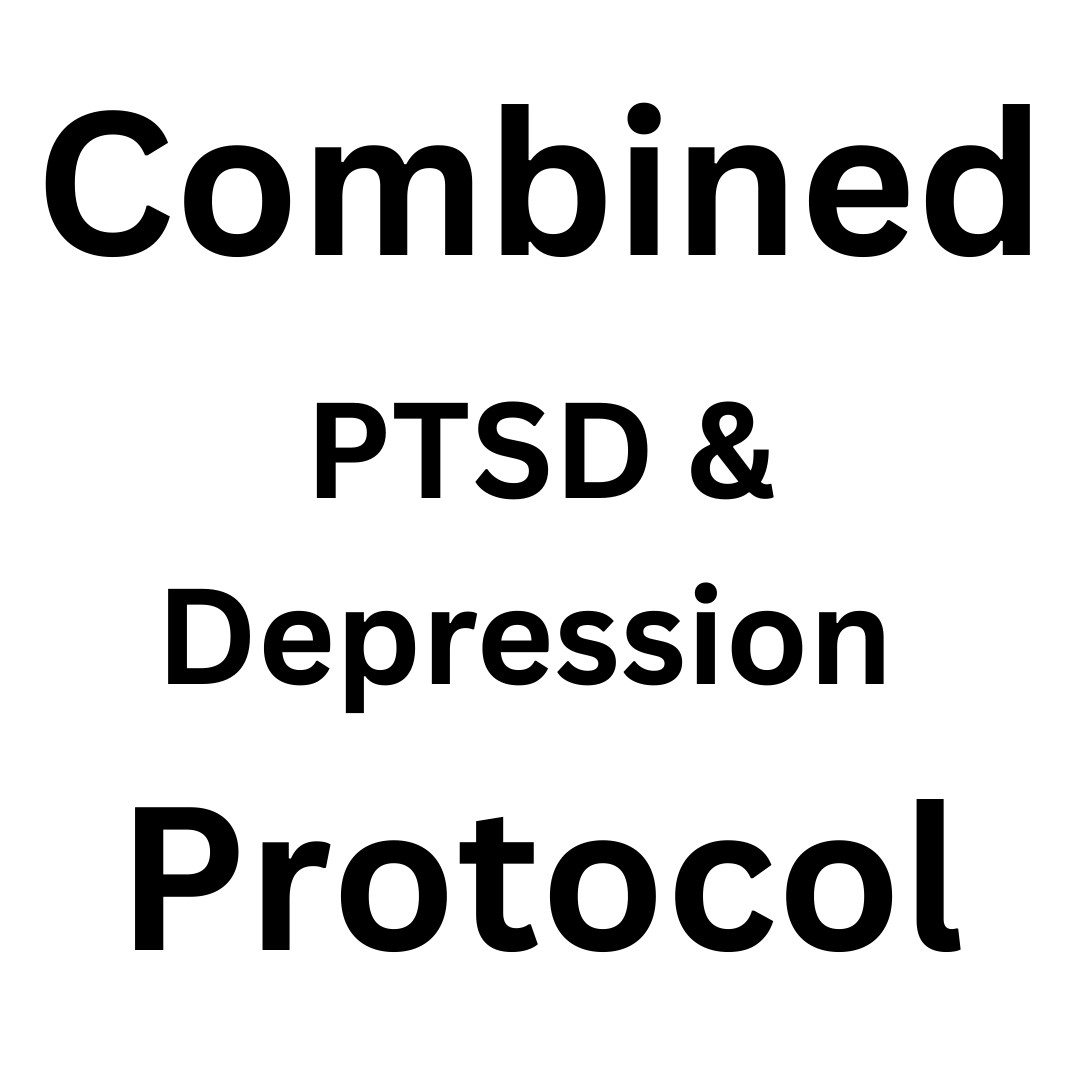

Fast, medication-free relief for Depression, PTSD, ADHD & Anxiety under board-certified psychiatrist Dr. Safa Rubaye.
BOOK APPOINTMENT
Transcranial Magnetic Stimulation (TMS) offers a non-medication, non-invasive treatment option that has shown promising results in managing symptoms. Unlike traditional treatments that rely on medication and often come with unwanted side effects, TMS uses targeted magnetic pulses to stimulate specific areas of the brain, potentially improving mood, sleep, and overall cognitive function.
Book appointment




+$1,000
Our new advanced protocol can deliver the same treatment (up to 80 sessions) in 2 days.

+$2,000
If you Have Both PTSD and depression, both can be treated at the same time. No need for recurrent visits.

+$500
ADD qEEGs to monitor the response.
.jpg)
+$400
VR Therapy